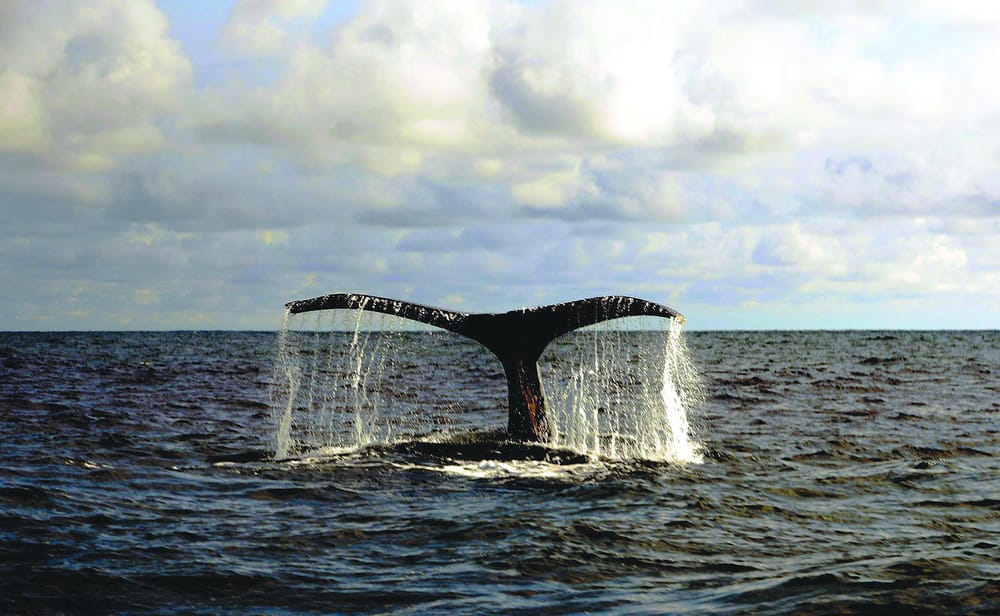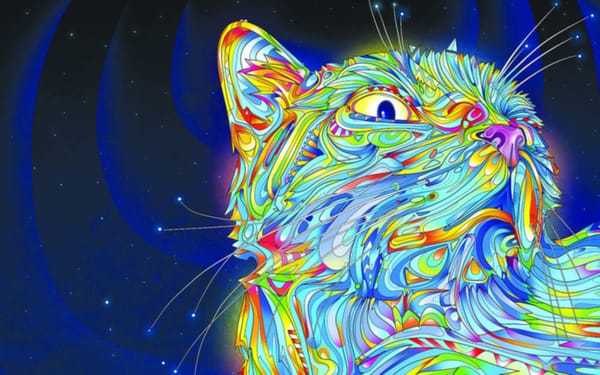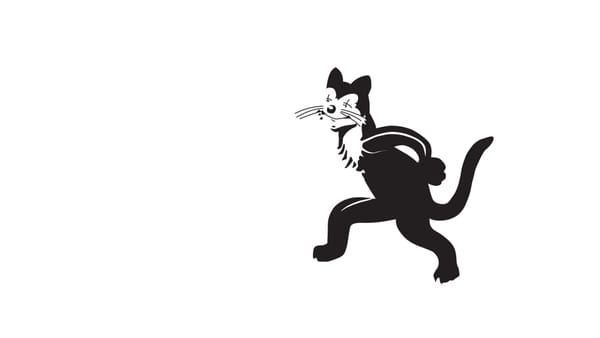This week’s science picture
Our regular column

Large shoals of fish attract a range of predators including multiple species of whale. A recent study though, found that although many species might be feasting on herring at the same time, whales tend to stick with their own kind when preying. By mapping different whale calls, research found evidence of clear whale groupings within dense herring shoals: humpback whales clustered at either end of the spawning grounds, while mink, fin and blue whales set up feeding territories between them. Passive ocean acoustic wave guide remote sensing showed that calls increase dramatically at night time, when extremely dense shoals form and dissipated during the day when herring scattered throughout the seafloor. However, further research must be carried out to discover whether there is territorialism occurring or if they are selecting these locations based on their different foraging mechanisms.





